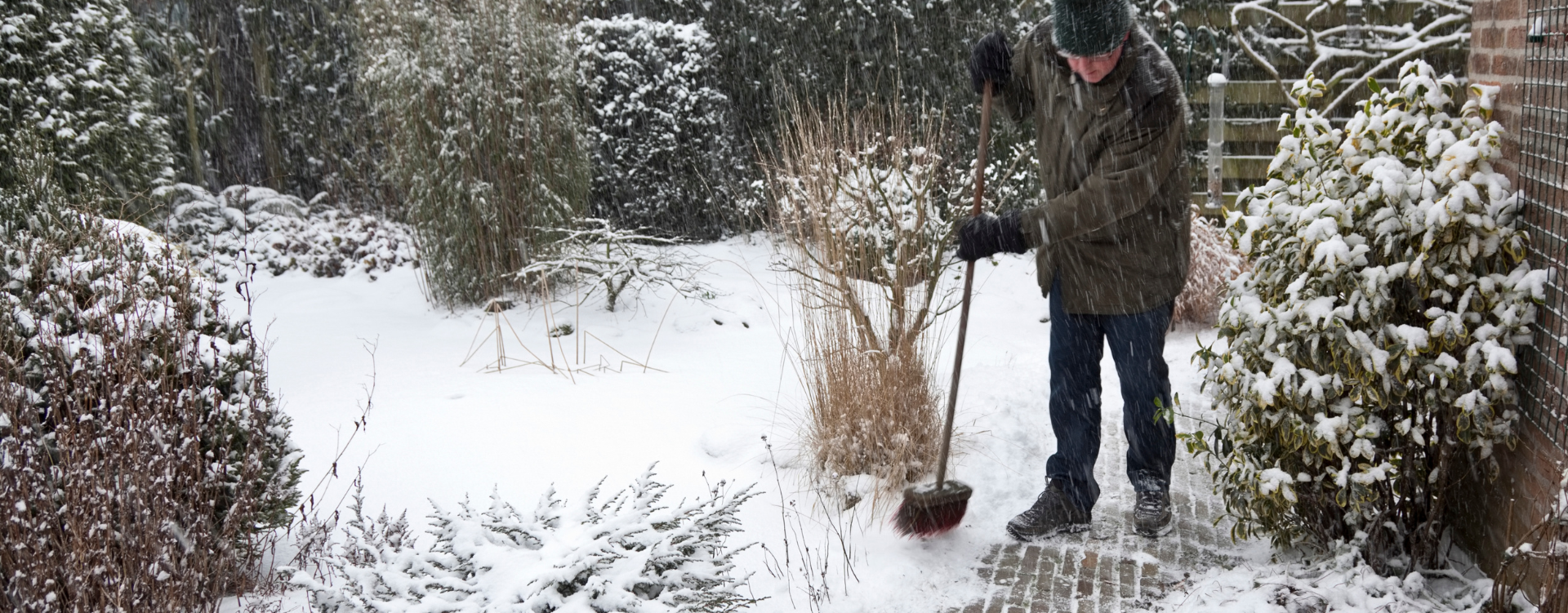Is Lawn Fertilizer Bad for the Environment?
While most lawn fertilizers are not bad for the environment, if not used in proper doses, over-fertilizing your lawn can have a negative impact on your surrounding ecosystem. Many types of fertilizers use phosphorus and nitrogen, which are naturally occurring nutrients found in soil and are essential to the health of your lawn. While your grass needs phosphorus and nitrogen to grow, if you add too much to the soil, your grass will not be able to absorb all the nutrients.What Happens if You Fertilize Your Lawn Too Much?
The excess nutrients are washed away by rain or sprinklers and end up in your local streams, lakes, and rivers through the sewage drain system. This is a major issue because phosphorus and nitrogen don’t only make the grass grow, they also act as a superfood to algae. An overabundance of algae throws entire ecosystems out of balance—not only does this damage brackish and freshwater environments, but it can also cause marine life to suffer from the oxygen imbalance in the water. Our own Chesapeake Bay is plagued by algal blooms, which is a direct cause of nitrogen and phosphorus pollution. No Color No Color No Color How to Recognize an Over-Fertilized Lawn Here are some common signs that your lawn is receiving too much nutrients:- A crust of fertilizer has formed on the surface of the soil.
- The grass shows little to no growth after fertilizing.
- You notice patches of leaf scorch or fertilizer burn.
- The grass’ roots are limp or have turned black.
Are Pesticides Bad for the Environment?
Yes, chemicals such as pesticides and herbicides have a negative effect on the environment, especially as their use has greatly increased over the past 20 years. Chemical treatments threaten the habits and overall health of creatures like birds, frogs, salamanders, and bees, even though they aren’t the targets. Additionally, the chemical compounds can have a negative effect on microorganisms that help keep your soil healthy.
As we come into the warmer months of the year, many homeowners are investing time and energy into making their lawn look green, lush, and healthy. But it’s important to remember that you shouldn’t have to sacrifice the environment’s health while pursuing that “perfect” lawn. Help protect the environment by learning how your lawn care habits impact your local ecosystem—and remember, small changes do add up. Help protect the environment by learning how your lawn care habits impact your local ecosystem.

.png?width=190&height=106&name=header-logo01%20(1).png)



